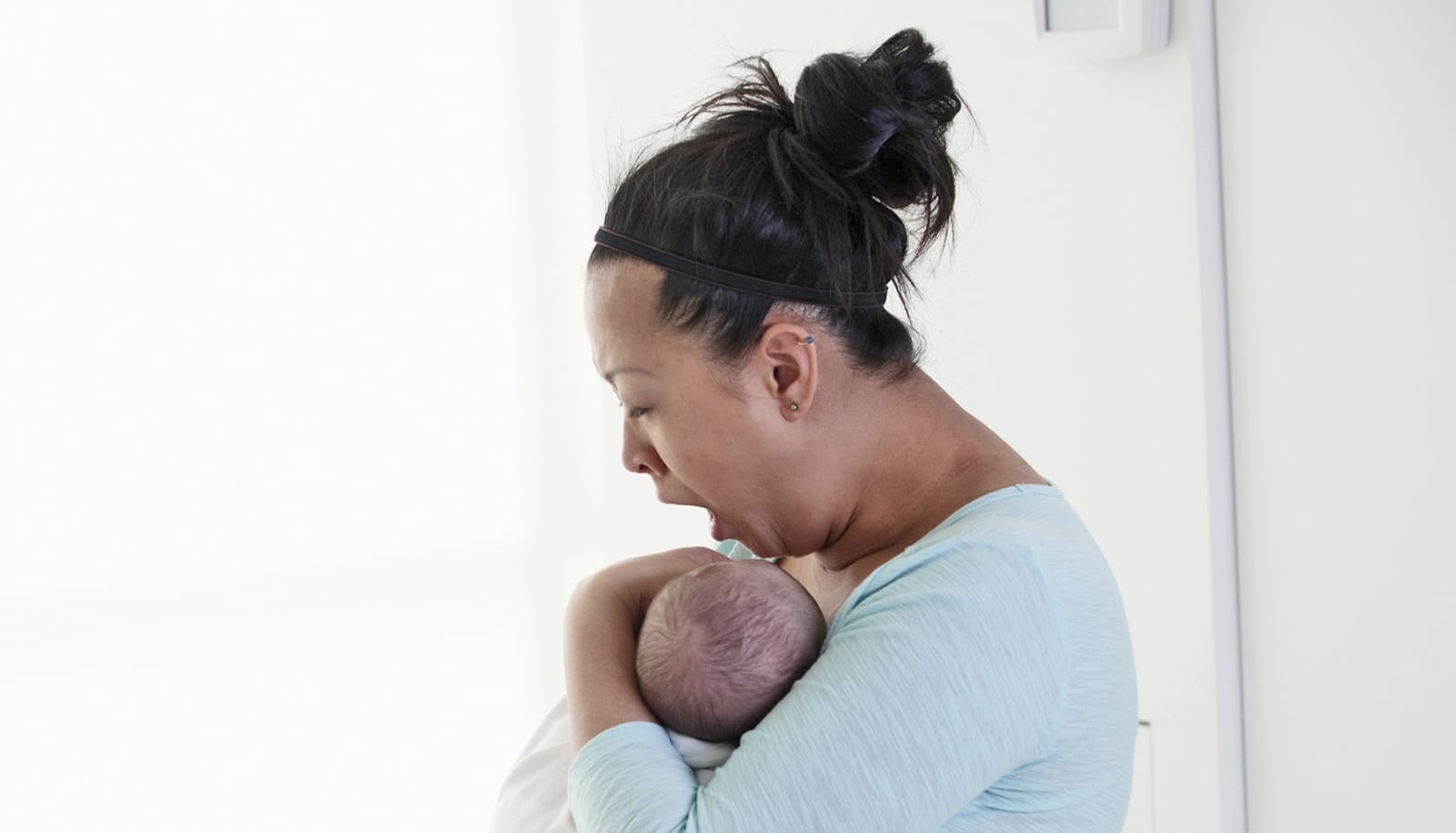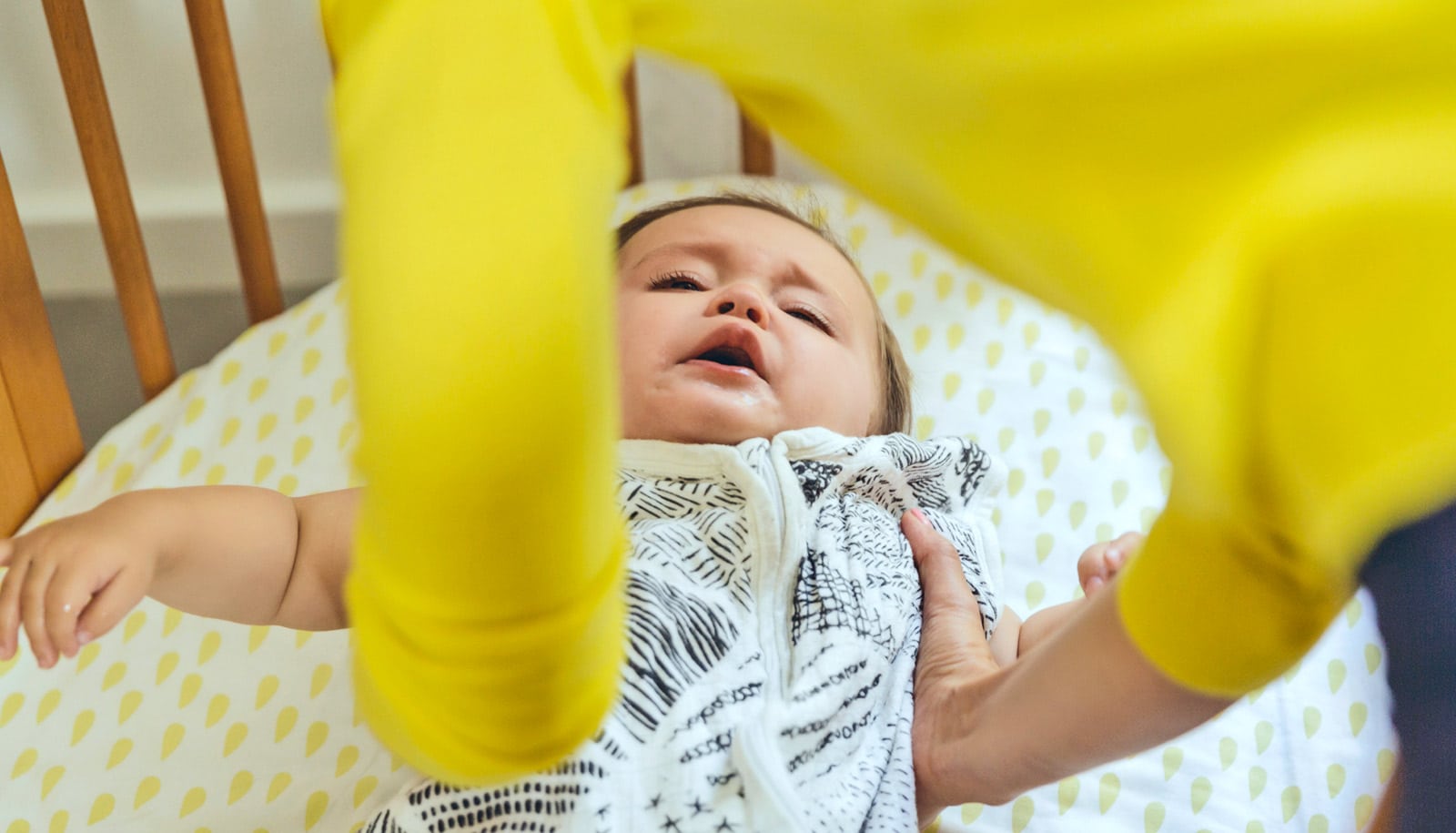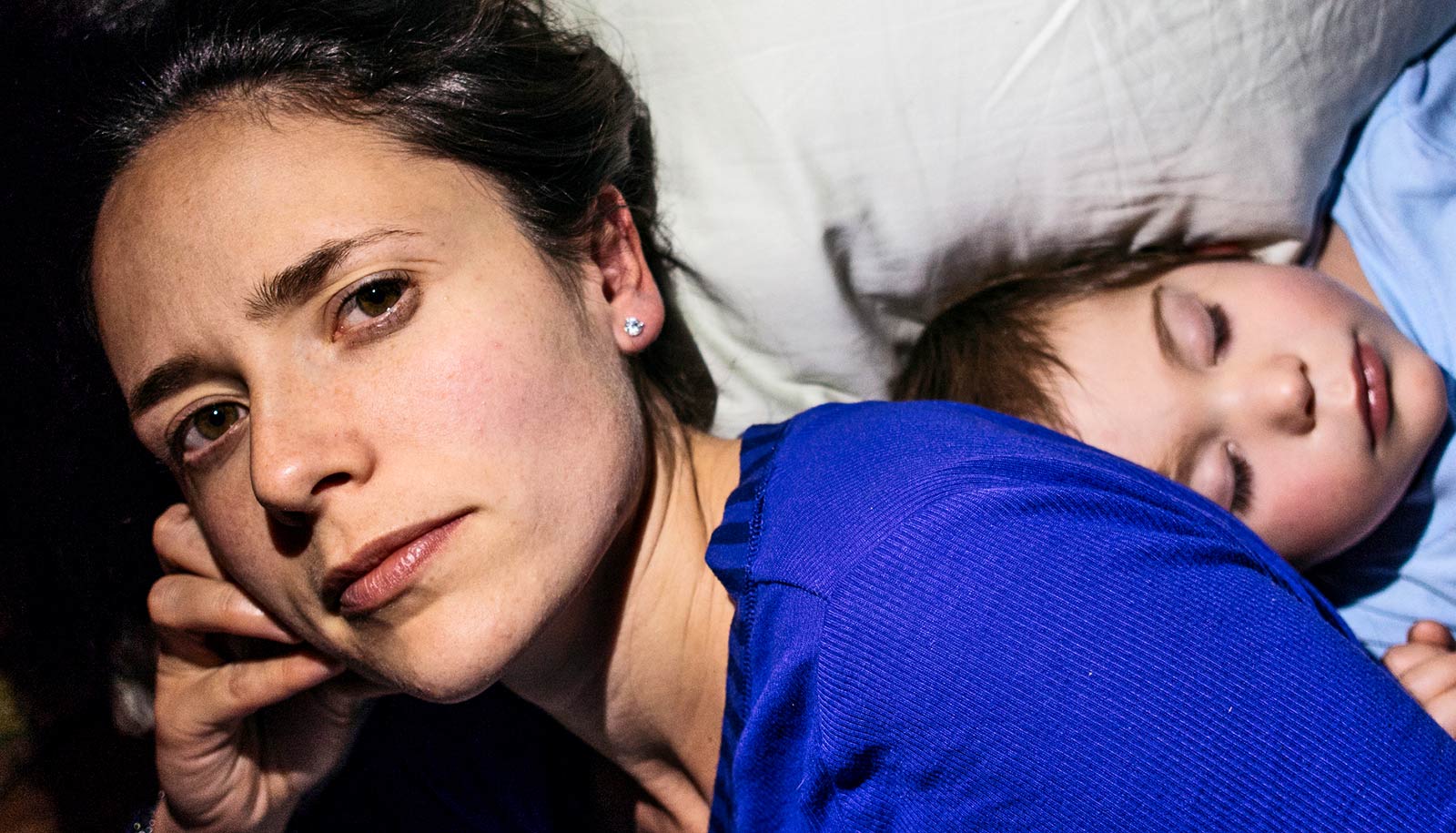Getting enough sleep plays an important role in the mental health—and life satisfaction—of new and established parents, research finds.
The research team analyzed sleep, physical activity, mental health, and life satisfaction in couples. Their findings, published in the journal Sleep Health, indicated meeting sleep guidelines was associated with better mental health and, in turn, life satisfaction of parents of newborns. Additionally, they observed positive mental health changes in women, especially for first-time mothers, but no changes were seen for men regardless of parental status.
“Given the well-known decreases in physical activity for most couples with the transition to parenthood and our findings in this study that most parents were not meeting the recommended sleep hours, targeted approaches that adapt intervention dosages to the changing physical activity and sleep needs of couples throughout the perinatal and postpartum periods may be a useful intervention strategy to improve, and ideally sustain, long-term mental health in parents,” explains Danielle Symons Downs, professor of kinesiology and obstetrics and gynecology and associate director of the Social Science Research Institute at Penn State.
For parents who cannot allot more time in their schedule for sleep, the research team recommends avoiding eating large meals and drinking caffeine close to bedtime. This lets the body know that it is time to wind down.
“The study showed that physical activity had a negligible impact on mental health of parents. However, getting the recommended sleep hours was associated with better mental health for parents,” says senior author Alison Divine, a lecturer at the University of Leeds.
“Although it varied, most parents were below recommended sleep hours by approximately one hour. Small improvements in sleep hours could have significant impact for parents’ mental health. This indicates that an intervention prioritizing sleep health education for new parents could make a more positive impact on their quality of life.”
Source: Penn State



